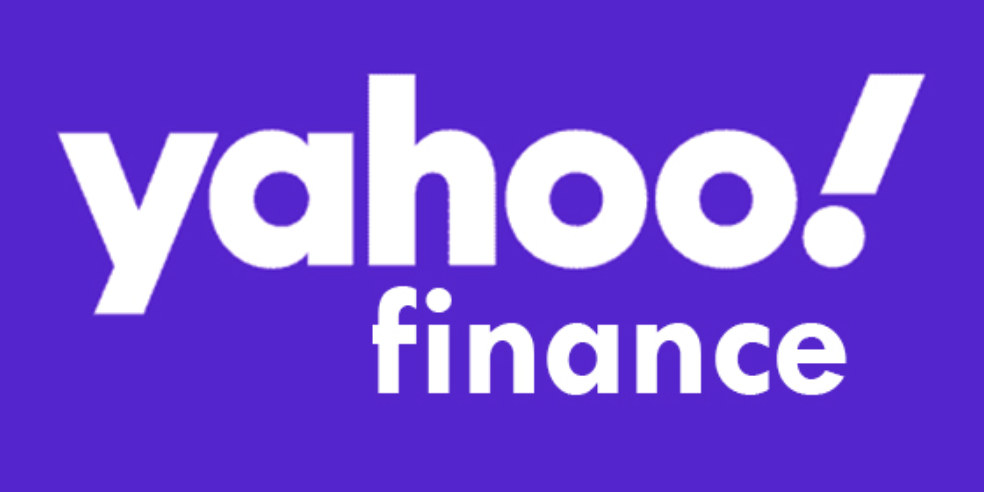Jensen Huang, the CEO of Nvidia (NASDAQ:NVDA), starts his day inspiringly. While many leaders are overwhelmed by endless to-do lists, Huang ensures his priorities are in check before his workday begins.
“I begin each morning by doing my highest priority work first,” Huang says. “Before I even get to work, my day is already a success.”
Don't Miss:
-
These five entrepreneurs are worth $223 billion – they all believe in one platform that offers a 7-9% target yield with monthly dividends
-
The global games market is projected to generate $272B by the end of the year — for $0.55/share, this VC-backed startup with a 7M+ userbase gives investors easy access to this asset market.
Huang's strategy is simple but powerful: get the most important tasks done first no matter what. This gives him a sense of completion even before his workday officially begins and he doesn’t get upset by disruptions during the day because of it.
When people apologize for interrupting him, he tells them, “I have plenty of time.” He says it out of true courtesy, not merely to be nice. Because he sets priorities for his day and completes important tasks ahead of schedule, he has more time to assist others and handle unforeseen situations.
Trending: ‘Scrolling to UBI': Deloitte's #1 fastest-growing software company allows users to earn money on their phones – invest today with $1,000 for just $0.25/share
Huang also prefers not to schedule one-on-one meetings with his direct reports but makes himself available whenever they need him. He shared at a Stanford University talk that his management team consists of 55 people reporting directly to him and the structure is meant to be agile and allow information to flow freely.
See Also: This billion-dollar fund has invested in the next big real estate boom, here's how you can join for $10.
Instead of holding regular meetings, Huang prioritizes availability when needed. “Unless they need me,” he said, “then I’ll drop everything for them.” He and his team maintain open communication throughout the day, which also means there are no formal performance reviews – just ongoing, real-time feedback.
This sense of clarity and resilience helped Huang and Nvidia defy early critics. In the company's early days, he was told that Nvidia would never grow larger than a billion dollars. But Huang didn't let this underestimation limit him. “A long time ago, I was told that Nvidia could never be larger than a billion dollars,” he recalls. “Obviously, that was an underestimation, underimagination of the size of the opportunity.”

 8 months ago
8 months ago
 (200 x 200 px).png)





 English (US) ·
English (US) ·